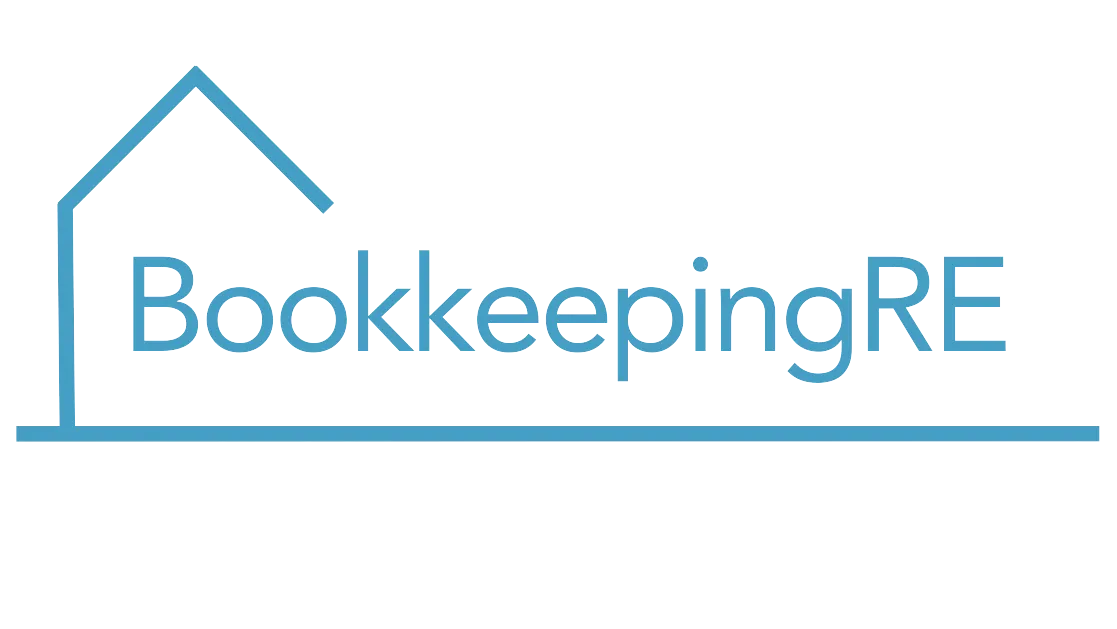
Hard Money vs. Cash vs. Private Money
“Every financing strategy has its pros and cons—choose the one that aligns with your goals and scales with your success." - Jake Baker
Introduction:
In real estate investing, your financing strategy plays a critical role in shaping your deals, risks, and returns. Whether you’re starting out or scaling up, understanding the differences between cash, hard money, and private money is essential for making informed decisions. Let’s break down the pros, cons, and strategic uses of each option.
1. Cash: Simplicity with Higher Profit Margins
Paying with cash is the most straightforward financing method and comes with several advantages:
Pros:
Lower Closing Costs: No lender fees or origination points.
Lower Holding Costs: No monthly interest payments.
Higher Profit Margins: Without added costs, your net profit is maximized.
Competitive Advantage: Cash offers are often preferred by sellers for their speed and certainty.
Cons:
Capital Locked Up: Using your own funds means you may not have resources for other deals.
Limited Leverage: Cash transactions don’t take advantage of other people’s money (OPM) to scale.
Best For:
Investors who have substantial liquid funds and want simplicity with minimal added costs.

2. Hard Money: High ROI with Added Costs
Hard money loans are a common financing option for real estate investors, especially beginners or those without access to private lenders.
How It Works:
Hard money lenders (HMLs) typically fund 70–90% of the purchase price and 100% of rehab costs on a draw schedule.
Pros:
Leverage: You invest less of your own capital, allowing you to do more deals simultaneously.
Access to Capital: Hard money is easier to qualify for than traditional loans, with less emphasis on credit scores.
Quick Closings: Funds are often available faster than with bank loans.
Cons:
Higher Costs: Hard money comes with lender fees, points, and higher interest rates.
Lower Profit Margins: Increased closing and holding costs eat into your profits.
Best For:
New investors or those looking to fund multiple projects but willing to pay a premium for quick access to capital.

3. Private Money: Flexible and Scalable Financing
Private money involves borrowing from individual investors rather than institutional lenders. This strategy is often used by more experienced investors.
Pros:
Lower Costs: Lower or no points, reduced interest rates, and flexible terms.
Scalability: Keeps your own capital out of the deal, enabling rapid portfolio growth.
Flexibility: Private lenders are more negotiable about repayment terms and equity structures.
Cons:
Access Requires Experience: Private lenders often require proof of past success before lending.
Shared Profits: You may need to offer equity or a higher return on the debt.
Risk of Relationship Damage: Borrowing from personal connections can strain relationships if a deal goes sideways.
Best For:
Experienced investors with a proven track record looking for cost-effective, flexible financing.

How We Use Private and Hard Money
In our business, we fund 10+ flips and BRRRR projects annually by leveraging both hard money and private money:
Hard Money: Covers 90% of the purchase price and 100% of the rehab costs (released on a draw schedule).
Private Money: Funds the remaining 10% of the purchase price, initial rehab costs (before draws), and holding costs.
This hybrid strategy allows us to:
Minimize the amount of our own capital in deals.
Maintain flexibility for other investment opportunities.
Structure deals that appeal to both hard money lenders and private investors.
In exchange, private lenders receive equity or a return on debt, aligning their interests with the project’s success.
Key Takeaways
Cash: Ideal for maximizing profit margins and simplifying deals but limits scalability.
Hard Money: Great for leverage and fast funding, especially for newer investors, though it comes with higher costs.
Private Money: Offers the best combination of cost and flexibility but requires experience and relationship-building.
Final Thoughts
Each financing strategy has its place in an investor’s toolbox. Starting with hard money is a common path, but as you gain experience, transitioning to private money can unlock more lucrative opportunities. By understanding the trade-offs and benefits of each method, you can align your financing strategy with your goals and build a sustainable real estate business.

